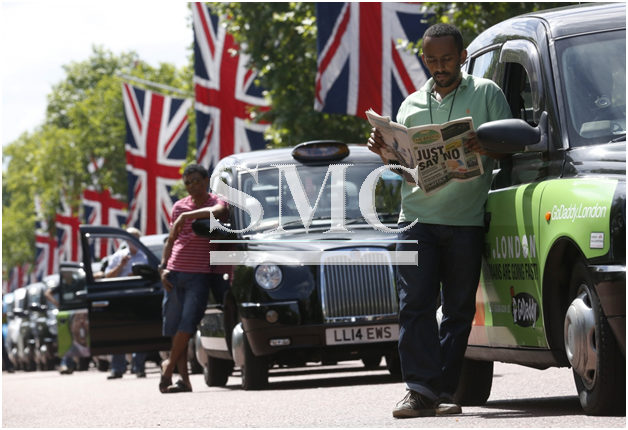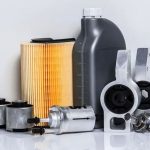The iconic London Taxi Company has officially opened a £325m plant in Coventry; the factory will produce electric black cabs and work vans for both the domestic and international markets.
The company has received £80m of funding from the government to support the project, £16m of which will be designated to research and development on the newly opened site. The remainder of the investment will be invested into installing electric charging stations for the taxis as well as providing incentives for taxi driver to purchase the newer and cleaner vehicles. The government is incentivising taxi drivers to buy the electric vehicles with a grant of £7,500 towards every new car — almost double the £4,500 offered to consumer motorists who choose to buy an electric car. From January 2018, all black cabs sold in the UK will be required to be able to drive using electric technology, part of a push to improve the air quality of major cities, particularly London.
The plant in Coventry has the available capacity to produce 20’000 vehicles per annum and will look to start selling the vehicles in the UK from September of 2017. The group also has longer-term ambitions to export the vehicles to other cities around the world, but those plans will be dependent on Britain’s trading conditions following its departure from the EU. Executives from LTC have visited several European cities, including Oslo, Amsterdam, Paris and Berlin, to seek out potential buyers for the cars.
Carl-Peter Forster, chairman of the LTC, said: “This is a global product but we will take it global in steps. “It’s important that we make the first step, because of our unique technology the break-even point [of the plant] is fairly low.” The plant is highly automated, requiring only 250 staff to run at full capacity. Robots glue the aluminium bodywork together, and the cars move along the plant on self-driving trolleys.
Both taxis and vans will run on electric power but will also use petrol-driven range extenders to help them go further before having to recharge. These work by recharging the battery while the vehicle is driving, using a small petrol engine that can be refilled like a traditional car.
Greg Clark, business secretary, said on Wednesday: “Our iconic black cabs are famous across the world. The London Taxi Company’s impressive new factory and R&D facility showcases the innovation that makes the UK a world leader in the development of new automotive technologies.” Replacing the existing UK taxi fleet will take many years, as the 38,000 taxis currently in operation across the country only require replacing after about 15 years of service. Some 23,000 black cabs, which currently run on diesel, are in use in London.

Guest contributors are welcome at the Alloy Wiki.It is a weekly wiki and guide on alloy information and processing technology, while also about the vast array of opportunities that are present in manufacturing. Our team of writers consists of a Machining Material Supplier / Machinist / Tool and Die Maker, a Biomedical Engineer / Product Development Engineer, a Job Development Coordinator / Adjunct Professor, and a President and CEO of a manufacturing facility.
Link to this article:London Taxi Company invests in a cleaner future
Reprint Statement: If there are no special instructions, all articles on this site are original. Please indicate the source for reprinting:Alloy Wiki,thanks!^^


